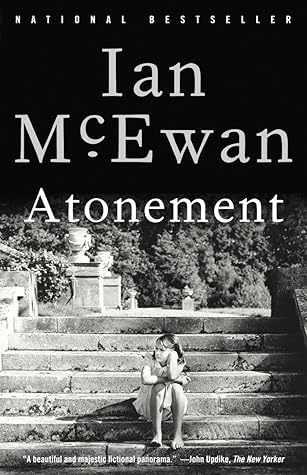If the answer was yes, then the world, the social world, was unbearably complicated, with two billion voices, and everyone’s thoughts striving in equal importance and everyone’s claim on life as intense, and everyone thinking they were unique, when no one was. One could drown in irrelevance.
Everyone is as real to themselves as you are to yourself. My guess is this is one of those crucial moments of childhood, of growing up. The realization - or perhaps just the first intimations - came to me when I was ten, in a military hospital in North Africa, waiting to have an operation. I had a large ward to myself. The fans were turning slowly in the high ceiling above me. A nurse had just left the room and it occurred to me that her own thoughts and feelings might be just as vivid as my own. If it was true of her, then it was true of everyone. Too big to comprehend. Terrifying. I shied away from the idea.
This passage brings me to 'other minds'. During the late nineties, when I was writing Atonement, I was intrigued by general discussions, especially in developmental psychology' of a 'theory of mind' - in other words, the comprehension of what it was like to be someone else. It helped me understand one of the essential features of fiction and the imagination, and it informed my descriptions of Briony's thinking. After the 9/11 attacks (which came around the time of this novel's publication) I wrote a piece for the Guardian with Atonement still fresh in my mind: (https://www.theguardian.com/world/2001/sep/15/september11.politicsphilosophyandsociety2)
'If the hijackers had been able to imagine themselves into the thoughts and feelings of the passengers, they would have been unable to proceed. It is hard to be cruel once you permit yourself to enter the mind of your victim. Imagining what it is like to be someone other than yourself is at the core of our humanity. It is the essence of compassion, and it is the beginning of morality.
The hijackers used fanatical certainty, misplaced religious faith, and dehumanising hatred to purge themselves of the human instinct for empathy. Among their crimes was a failure of the imagination.'
Jasmine and 152 other people liked this
See all 5 comments
· Flag
Amy Worley · Flag
Irena · Flag
Saige

